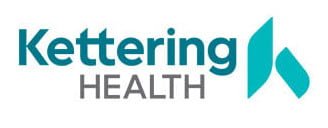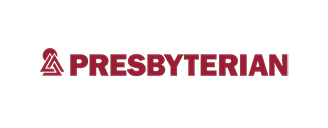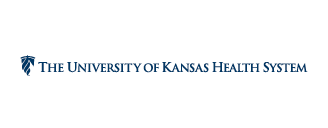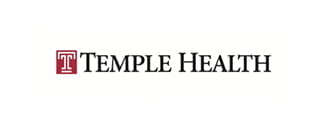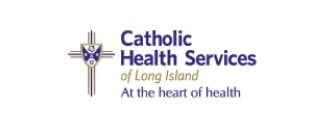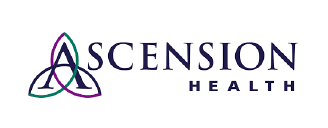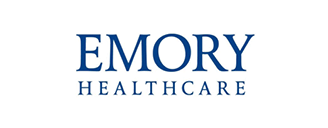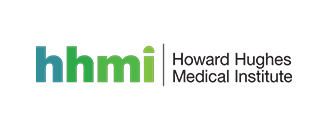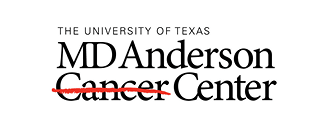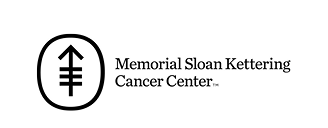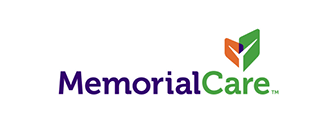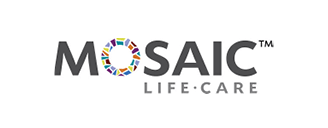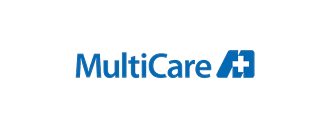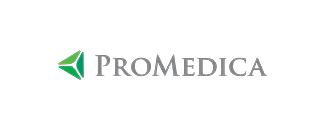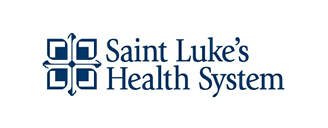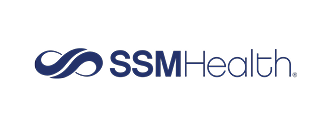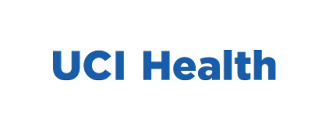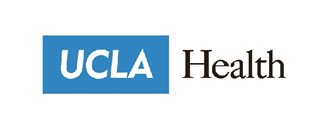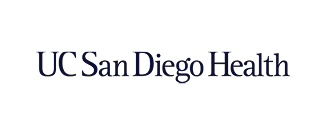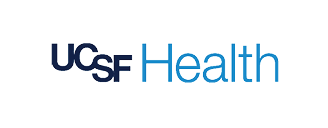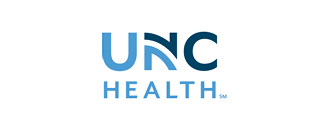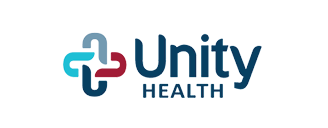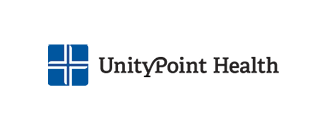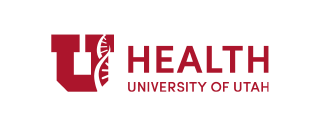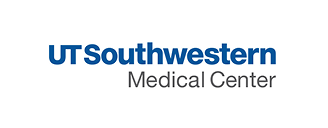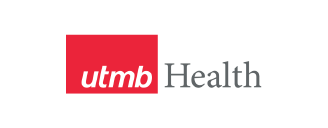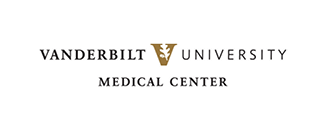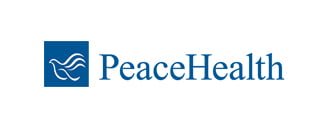What makes a specialty medication a specialty medication?
We read an interesting blog the other day in which Jeni Hayes of Vizient, the healthcare performance improvement company in Irving, Texas, discussed how health system owned specialty pharmacy has “all but exploded in the modern healthcare arena” since its origins in the 1970s. (You can read the entire blog here.) What we found most intriguing was the fact that, despite the way the term “specialty pharmacy” is bandied about, there is no universally accepted definition for medications classified as “specialty.”
It seems that extremely high price tags are one unifying factor in the category of specialty drugs but what, we wondered, are some other definitions that can help us classify drugs as true specialty medications?
To answer that question, we looked to see what other information had been written on the subject and even asked ourselves how we at VPL determine what makes a medication a specialty drug and–digging more deeply into the topic—what is the role of the health system owned specialty pharmacy in their dispensing and distribution? Here’s what we discovered.
High cost. High touch. High care.
Nearly every authority we turned to shared Vizient’s view of what makes a specialty drug specialty, starting with what they’re used for. The definition given by healthinsurance.org summed up what we read elsewhere: “Specialty drugs are high-cost prescription medications used to treat complex, chronic conditions like cancer, rheumatoid arthritis, and multiple sclerosis.” They often require special handling and administration (like injection or infusion), and patients using them may need “careful oversight from a healthcare provider who can watch for side effects and ensure that the medication is working as intended.”
HOW VIZIENT CLASSIFIES SPECIALTY DRUGS
Disease State
Generally, specialty drugs are used to treat complex and/or chronic medical conditions
Medication Attributions
Drugs that have special handling, storage, or delivery requirements and require more stringent supply chain management are often labeled specialty medications
High Touch
Specialty medications require extensive patient management, education, and monitoring
High Cost
For the calendar year 2023, the Centers for Medicare and Medicaid set their cost threshold at $830 for a 30-day supply of medications in the specialty tier
There’s a good reason behind the expansion of health system owned specialty pharmacy
Based on the descriptions of specialty medications above, it becomes clear why the number of health systems owning an integrated specialty pharmacy has increased sharply over the past five years. An interview with Barbara Giacomelli, Vice President of Advisory Solutions for McKesson Pharmacy Optimization delves into the finer points of the uptick. Let’s go through them one by one:
OPTIMAL PATIENT CARE
Because they’re used to treat complex, rare, or chronic conditions, health systems understand that keeping the patients’ entire treatment in-house is incredibly beneficial to his or her long-term care. Patients will benefit from the clinical expertise of a pharmacist who is working within the health system’s continuum of care.
ECONOMIC BENEFITS TO HOSPITALS
On an economic note, a health system owned specialty pharmacy helps reduce patient leakage by preventing patients from seeking health care or medications outside of the hospital network. In addition, keeping specialty medication prescriptions in-house is an excellent way to improve value-based patient care needs while generating revenue.
HIGH-TOUCH SERVICES
An onsite pharmacy is able to offer greater convenience and the “high touch” services that meet manufacturer and pharmacy benefit managers’ requirements through access to patients’ medical records. Medication can be “white bagged’ directly to the clinic due to the pharmacy being on-site. And clinicians appreciate the way on-site specialty pharmacy supports patient management.
How VPL can help
Clearly, specialty pharmacy is incredibly beneficial to health systems, but when it comes to specialty medications, it can be extremely stressful for pharmacists. With that in mind, VPL created TrajectRx, our clinically minded specialty pharmacy software solution created for pharmacists by pharmacists.
VPL TrajectRx for health system owned specialty pharmacy:
- Offers end-to-end visibility and real-time tracking of every shipment that leaves your pharmacy, ensuring special handling conditions are met, and providing downstream proof of delivery to help track patient compliance
- Helps mitigate human error to ensure greater accuracy on the continuum of care
- Delivers real-time data and actionable insights to enable specialty pharmacies to demonstrate performance improvement and delivery accuracy
If you have or are thinking about expanding into a health system owned specialty pharmacy, we’d love to show you how VPL’s specialty pharmacy shipping platform can make it easier, more effective, and more profitable.
Learn more here.

